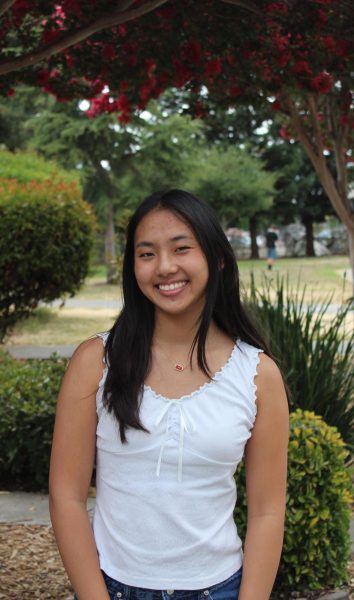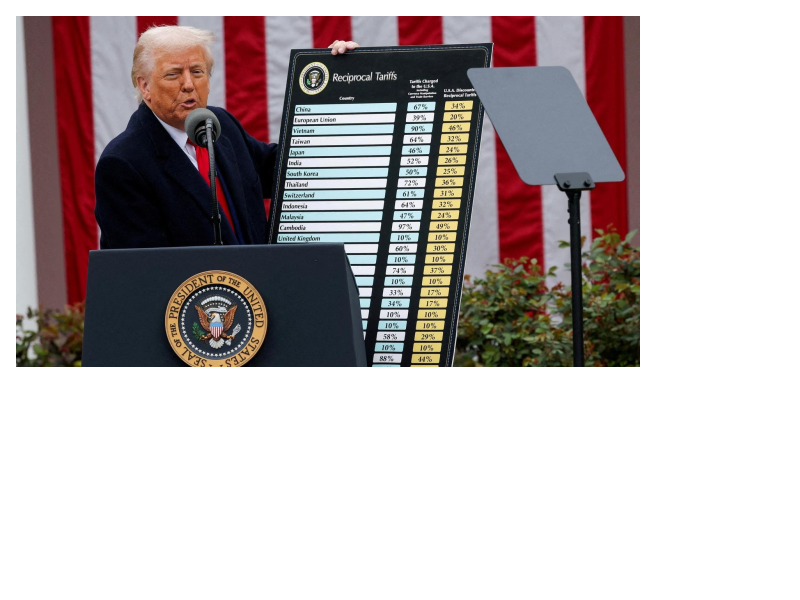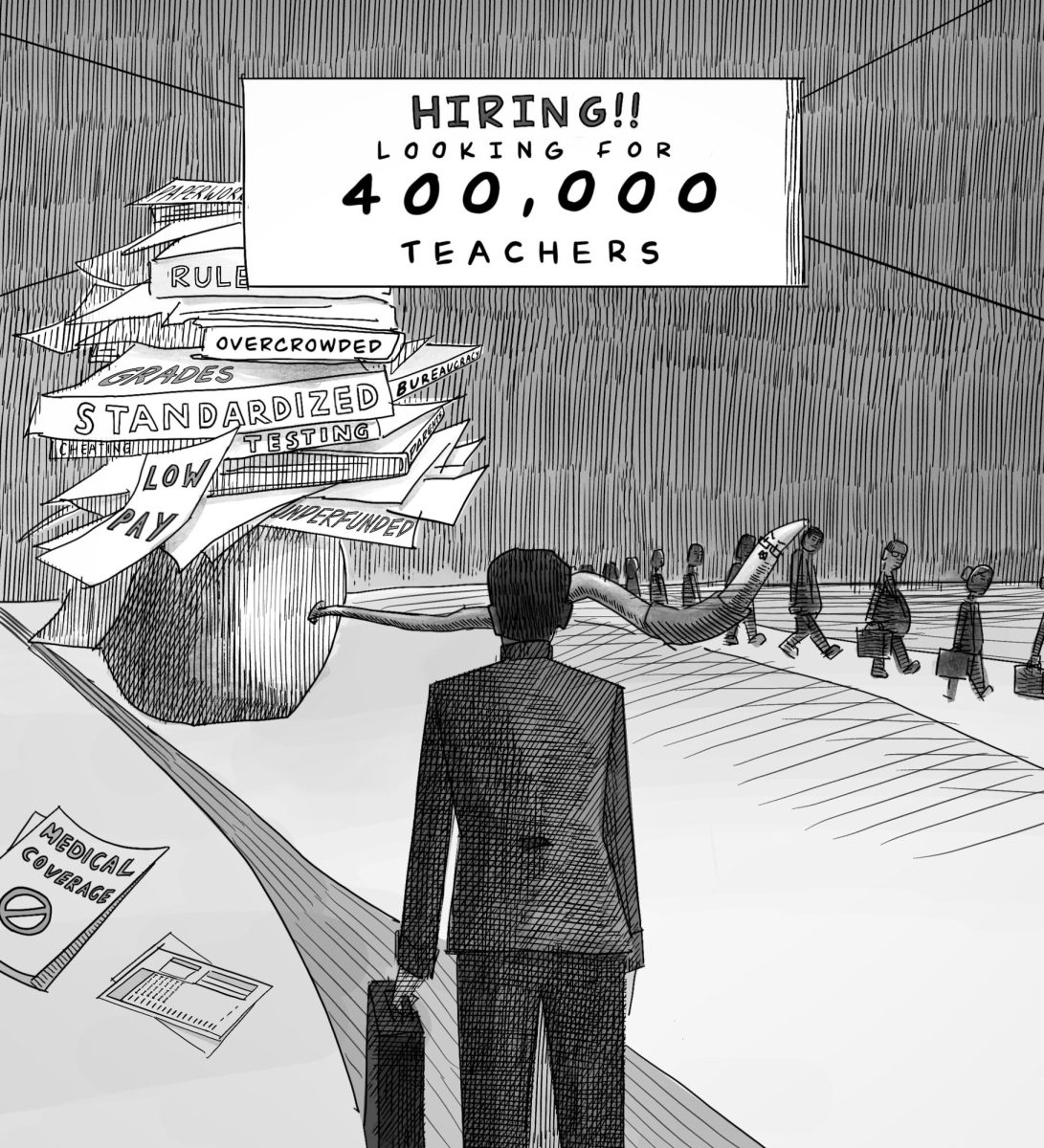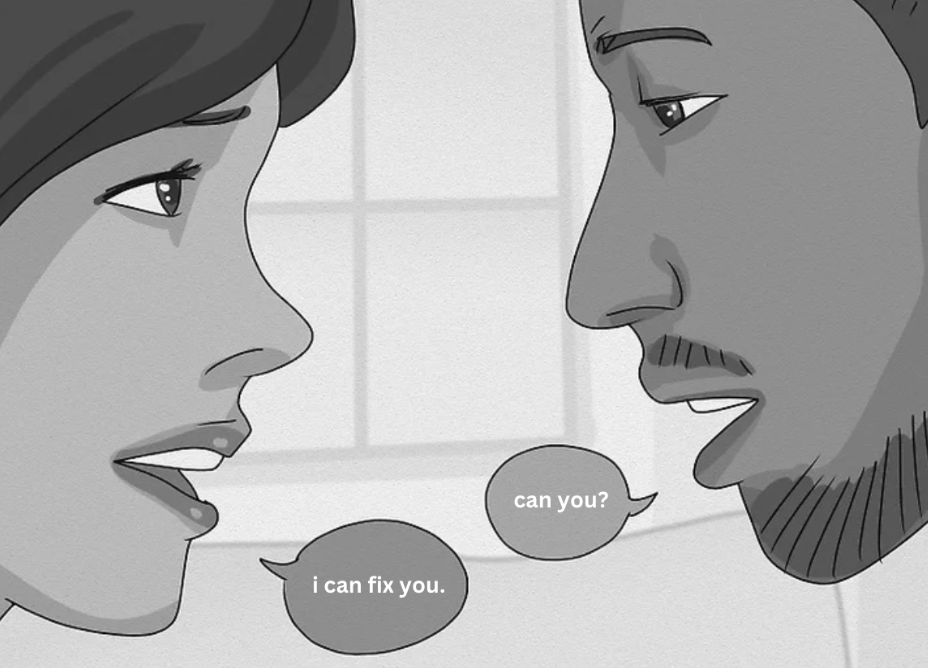As the year draws to a close, it’s the perfect time to judge the AP landscape at Irvington, focusing on the best and the worst: AP Psychology and AP US History. While each one has its own strengths and flaws, onereigns superior and the other maintains its reputation as one of the worst AP classes. These classes will be rated based on the following: hard the class is at Irvington, how hard the curriculum is in general, how worthwhile it is to take the class, how interesting the material is, or any boring factors in the class.
AP Psychology stands out as one particularly enjoyable AP class, due to both Ms. Faitel’s teaching style as well as the curriculum itself. While I have not taken this class myself, I have heard raving reviews of Ms. Faitel’s engaging lectures and teaching, and the material is inherently interesting enough to motivate you to self-study this class without too much procrastination. Unlike AP US History, AP Psychology is not overly difficult, primarily focusing on learning and memorizing parts of the brain and their function, various proccesses, experiments, important figures, and other vocabulary. While this memorization may be a challenge to people with a bad memory, this course is manageable and helpful, as it teaches you different ways to boost your own brain and figure out what study habits, memorization techniques, or test taking strategies work best for you. AP Psychology proves to be useful across many fields, as it offers insight into human behavior and cognition that can be applied across various social situations, and can be extremely valuable in determining your own behavioral patterns or improving your mind-body relationship.
In comparison, APUSH falls short, earning the title of the worst AP class despite it not being notoriously difficult at Irvington. Compared to AP Psychology, the memorization required is much heavier, and the sheer volume of historical facts, dates, events, political parties, battles, protests, and old white men (John Smith, John Wintrhop, John Adams, John Tyler, John Jay, John Brown, John Marshall, and the list goes on) you need to remember to do well in the class can be extremely tedious. While some aspects of American history are undoubtedly important and interesting, much of it is dull, especially the earlier periods leading up to the Great Depression, except for the Civil War era. Because there are two teachers for APUSH, your chances of getting an engaging teacher is 50/50, which are not the best odds, and if the odds are not in your favor, the lack of engagement and enjoyment in this class could kill you faster than the United States killed off the buffalo population during the 19th century, as most monotonous lectures occur in a dimly lit classroom. Additionally, the class’s heavy reliance on memorization limits the amount of interactive lectures or activities that you can do, forcing students to just grind through the material and hope they retain it. APUSH may be relevant and worthwhile for history buffs or people pursuing political careers, but for STEM-focused students, it is relatively pointless to know every single event outside of the important ones.
Compared to AP Psychology, APUSH’s lack of engagement and tedious coursework makes it much less favorable, and unworthy of a better ranking on the tier of AP classes.












